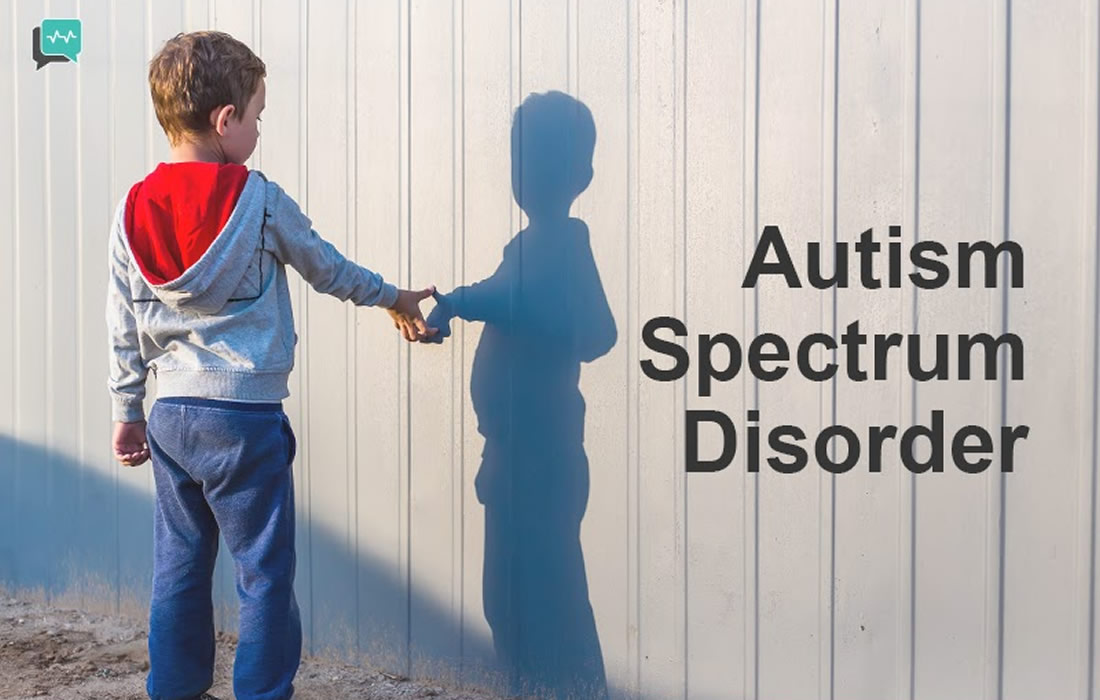Stem Cell Therapy for Specific Conditions
Stem Cell Therapy for Autism
Autism spectrum disorders (ASDs) are complex neurodevelopmental disorders characterized by dysfunctions in social interactions, abnormal to absent verbal communication, restricted interests and repetitive stereotypic verbal and non-verbal behaviors, influencing the ability to relate and communicate.
The prevalence of these disorders has increased dramatically in the last years, with rates of 11.3 per 1,000 (1 in 88) children aged 8 years in the United States, according to the CDC. Adult autistic individuals show limited independence because of their learning disability. During adulthood communication is still impaired. Children affected require special and intensive parental, academic and social support.
ASDs are disorders characterized by a broad range of biochemical, toxicological and immune involvement including: oxidative stress, endoplasmic reticulum stress, limited production of glutathione (antioxidant), intestinal dysbiosis and immune dysregulations including the tendency to develop autoimmune disorders.
Currently, there is no definitive and effective therapy. Alternative treatments for ASDs are diverse and include: behavioral, nutritional and biomedical approaches.
Ongoing neuroinflammation may contribute to symptoms of autism spectrum disorder (ASD) in at least a portion of affected individuals. Mesenchymal stem cells (MSCs) have demonstrated the capacity to modulate neuroinflammation.
MSCs are a heterogeneous group of undifferentiated, multipotent cells that can be isolated from several different tissues in the body. They do not express MHC class II (a type of molecule present in our cells), resulting in low immunogenicity and eliminating the need for a match between donor and recipient.
Clinical evidence: Use of Mesenchymal Stem Cells
In a study autistic children transplanted with cells were followed for 24 weeks. According to the authors, the cell treatment was safe, well tolerated without immediate or long term side effects and no allergic, immunological reactions or other serious adverse events. The stem cells were administered via intravenous and intrathecal infusions.
The cell transplantations showed improvements in visual, emotional and intellectual responses, changes in fear or nervousness, non-verbal communication and activity level, measured by childhood autism rating scale.
It has been proposed that the effect of the treatment is related to increased cell-mediated perfusion in brain areas and the regulation of immune dysfunction. The intrathecally transplanted MSC were efficacious in improving the quality of life in a 14 year old boy with severe autism.
Some interesting changes were noted doing pre and post cell therapy using brain positron emission tomography scans with increased uptake in bilateral temporal lobes.
Another study published in the Stem Cells Translational Medicine journal a group of researchers performed an open-label, phase I study in 12 children with ASD between 4 and 9 years of age. They were treated with intravenous (IV) infusions of human cord tissue mesenchymal stem cells (UC-MSCs). Children received one, two or three doses of 2 Million cells per kilogram at 2 month intervals.
Clinical and laboratory evaluations were performed in person at baseline and 6 months and remotely at 12 months after the final infusion. Six of 12 (50%) participants demonstrated improvement in at least two ASD‐specific measures.
There is a lack of safe and effective medications and medical therapies has created an urgency for the development of novel and effectives therapies. Mesenchymal stem cell therapy has great potential due to the different properties of the cells and the added benefit of not having apparent adverse effects. Different studies have shown improvement in behavioral symptoms and function in children with autism.
Umbilical Cord Mesenchymal Stem Cell Therapy at Zignagenix
At our clinic we offer this treatment with protocols based on the different research studies performed worldwide. We use umbilical cord derived mesenchymal stem cells from the Warthon’s jelly, which has shown greater results compared to other types of stem cells.
An intravenous infusion with UC-MSCs is given to the patient combined with exosomes to increase the effectiveness of the therapy. We have had great results with multiple autistic patients with different degrees of disability. The therapy can improve the patient’s mood and emotional status, as well as other improvements in communication and motor coordination.
Source:
Siniscalco D, Bradstreet JJ, Sych N, Antonucci N. Mesenchymal stem cells in treating autism: Novel insights. World J Stem Cells. 2014 Apr 26;6(2):173–8.
Sun JM, et al. Infusion of human umbilical cord tissue mesenchymal stromal cells in children with autism spectrum disorder. Stem Cells Transl Med. 2020 Oct;9(10):1137-1146. doi: 10.1002/sctm.19-0434. Epub 2020 Jun 12. PMID: 32531111; PMCID: PMC7519773.
Lv YT, et al. Transplantation of human cord blood mononuclear cells and umbilical cord-derived mesenchymal stem cells in autism. J Transl Med. 2013 Aug 27;11:196. doi: 10.1186/1479-5876-11-196. PMID: 23978163; PMCID: PMC3765833.

